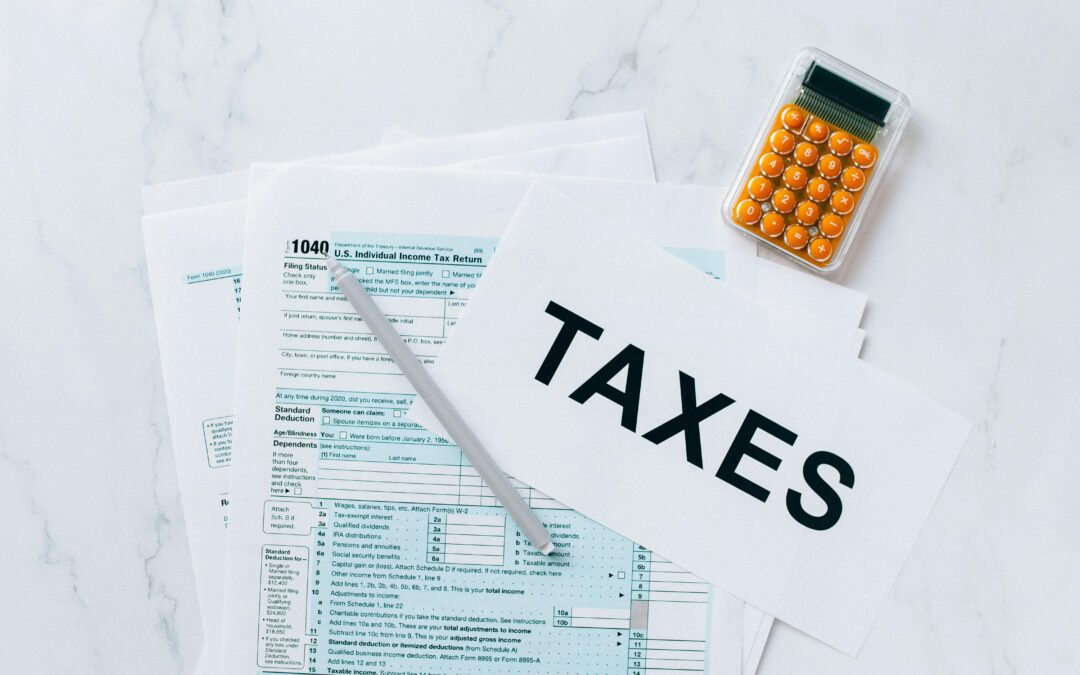Earning a hefty amount is an achievement, but it also puts you in a tax bracket where a larger portion of your income goes to the government. The good news is that there are several strategies you can leverage to reduce your tax burden and keep more of your hard-earned money.
Let’s explore effective tax-saving tactics specifically designed for high-income earners.
Maximizing Deductions and Exemptions
The first line of defense for tax savings is taking full advantage of deductions and exemptions offered by the tax code, such as:
Standard Deduction vs. Itemized Deductions
The standard deduction is a fixed dollar amount you can subtract from your taxable income, regardless of your actual expenses. For tax year 2024, the standard deduction is $13,850 for single filers and $27,700 for married couples filing jointly. On the other hand, itemized deductions allow you to deduct specific expenses you incur throughout the year. High earners should compare the standard deduction to their total itemized deductions to determine which option offers the greater tax benefit.
Additional Deductions
Several other sections of the tax code offer deductions for specific expenses, such as medical expenses exceeding a certain percentage of your income, interest paid on a mortgage, and charitable contributions. Exploring these deductions can further reduce your taxable income.
Strategic Retirement Account Contributions
Retirement savings plans come with the dual benefit of saving for your future and reducing your current tax bill. Here are a few options:
- 401(k) or Similar Workplace Plans: Many employers offer 401(k) plans, where contributions are deducted from your paycheck before taxes apply. This lowers your taxable income for the year. Additionally, some employers offer a matching contribution, giving you free retirement money.
- Traditional IRA: If your employer doesn’t offer a retirement plan or you’ve maxed out your contributions, consider a traditional IRA. Contributions to a traditional IRA are also tax-deductible, allowing you to reduce your annual taxable income. Taxes are deferred until you withdraw the funds in retirement.
Tax-Advantaged Investment Accounts
Investing is important for building long-term wealth, and certain investment accounts offer tax benefits, such as:
- Health Savings Account (HSA): HSAs are paired with high-deductible health insurance plans. Contributions to HSAs are tax-deductible, and the funds grow tax-free if used for qualified medical expenses. Any unused funds can be carried annually and ultimately used towards retirement healthcare costs.
- Flexible Spending Account (FSA): FSAs allow you to set aside pre-tax dollars to cover qualified medical and dependent care expenses. This reduces your taxable income and saves you money on these expenses. However, unlike HSAs, unused funds in FSAs are typically forfeited at year-end.
Strategic Charitable Giving
Donating to charities you care about can benefit worthy causes and provide tax advantages. Donating appreciated assets, such as stocks, can be particularly tax-effective, allowing you to avoid capital gains taxes while receiving a full deduction for the asset’s fair market value.
Donor-advised funds (DAFs) allow you to contribute a lump sum of cash or assets to a professionally managed account. You receive an immediate tax deduction for the contribution, and you can then recommend grants to charities over time. This approach offers flexibility in your giving strategy.
Don’t navigate the complexities of tax season alone. MacNeal CPA offers expert guidance specifically designed for high-income earners. We’ll help you maximize deductions and ensure you take advantage of all opportunities to minimize your tax burden. Schedule a consultation today.

